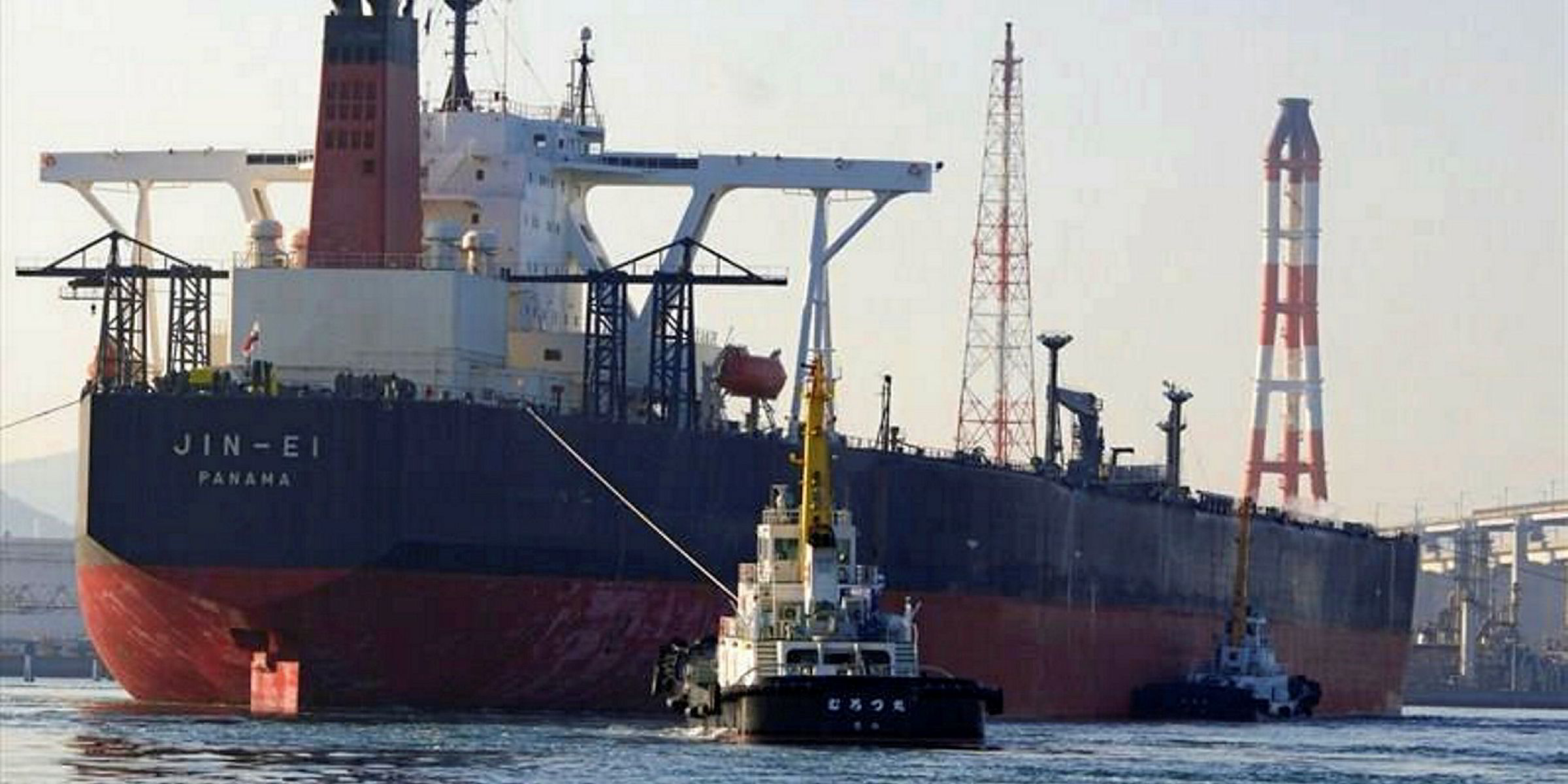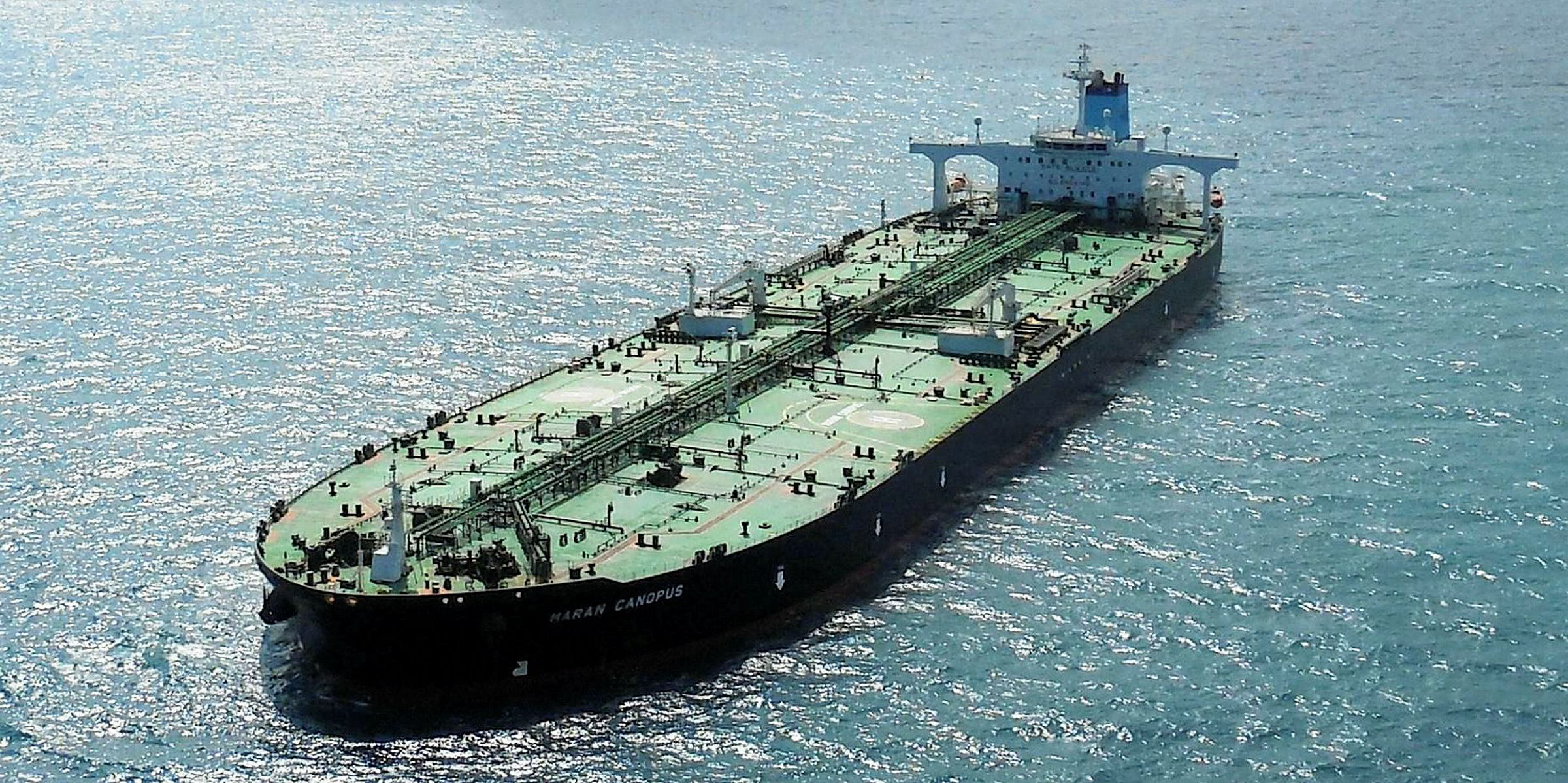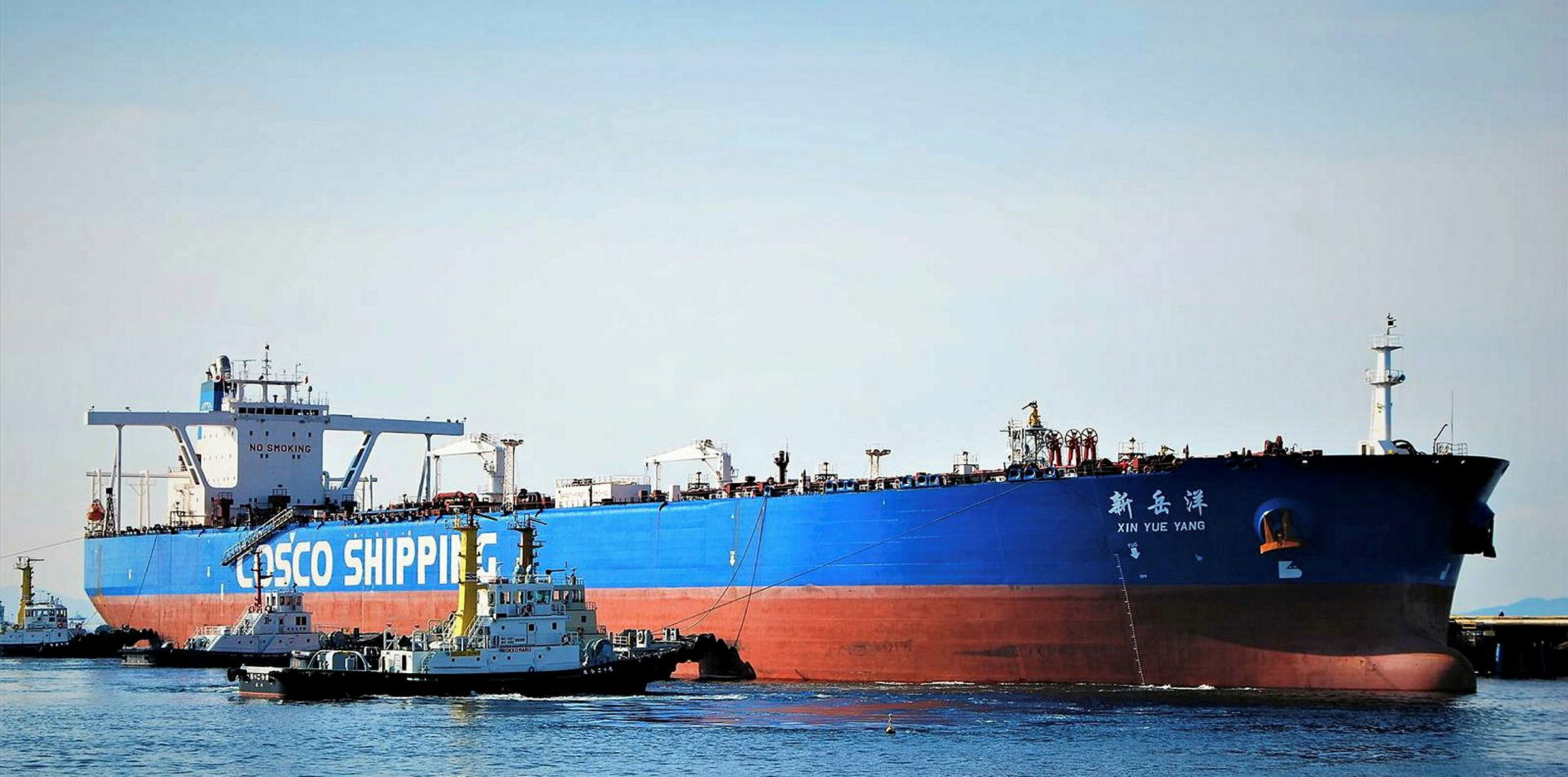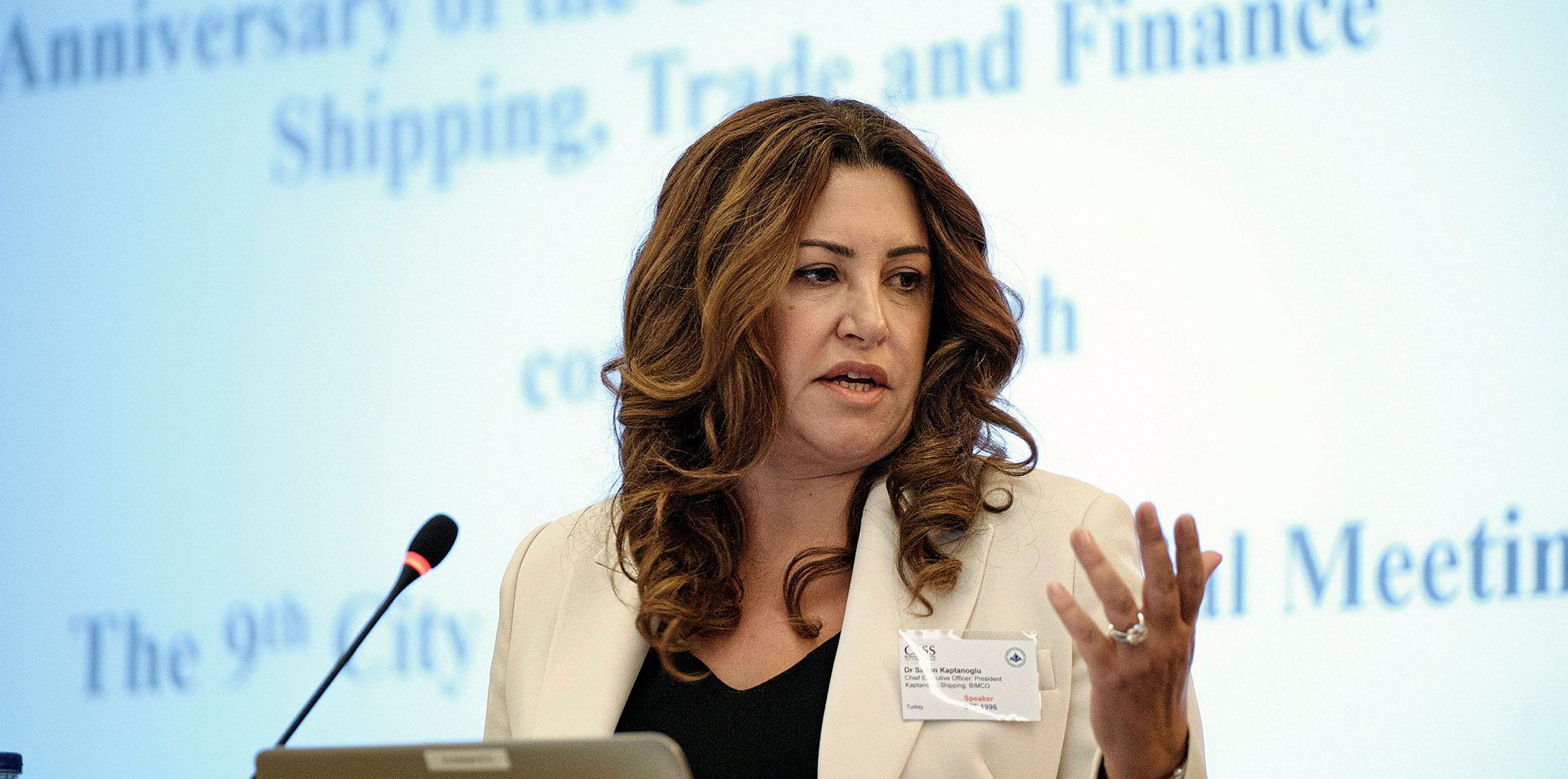Sales and prices of secondhand VLCCs have shot up as shipowners try to cash in on the sizzling charter rates on offer for trading vessels and floating storage plays.
Up to 10 ships exchanged hands last week, with one broker describing the transactions as the most active period for large tanker sales that he had seen in his career.
There are also signs that more deals could be in the offing.
As TradeWinds went to press, it emerged that another VLCC — the 300,000-dwt Admiral (ex-Jin Ei, built 2005) — had been put on the market just months after it was purchased.
Sources monitoring the ship, which will head to Singapore in late May, said it may be sold without inspection.
Ownership of the vessel, which reportedly changed hands for $35m as recently as January when it was trading as the Jin-Ei, is not immediately clear.
Databases identify Greece’s Capital Ship Management as its buyer at the time, but the company has denied the information.
Among the deals concluded in the last few days, sale-and-purchase players pointed to the sale of the Onassis-controlled, 309,200-dwt Olympic Leader (built 2005) to Greece’s Altomare for $39.2m, ranking it as one of the highest-priced deals.
One player said that if a similar ship came on the market today, buyers would likely have to pay more than $40m to secure it.
Altomare buys
Altomare, which paid a reported $38.5m for Euronav’s 320,000-dwt TI Hellas (built 2005) last week, also sold three of its owned VLCCs — the 281,000-dwt Marbella (built 2000) and the 314,000-dwt Kelly (built 2000) and Rene (built 2002) — in a $92m enbloc deal for reported storage agreements.
One of the older vessels sold was Frontline’s 300,000-dwt Dewi Maeswara (built 1998), which was snapped up by Greece’s Times Navigation for $25.5m.
Confirming the deal, Greek owner John Karageorgis told TradeWinds that his company will use the ship “exclusively for storage, not for operational trading”.
Brokers said the Dewi Maeswara was reported sold in February for about $19m but this deal later failed.
Shipbrokers expect VLCC sales to continue to flow while the rates for large tankers hold.
“Ships are being inspected and offered on at the moment,” one broker said, adding that it is “only a matter of time” before the market sees more sales concluded.
The broker described the current situation for VLCCs as a “hugely seller-angled market”, where shipowners who are interested in floating their vessels for sale are calling the shots.
Brokers said the focus is largely on VLCCs built in the late 1990s and up to 2010.
One said that where owners of ships built in the 2002 to 2006 era are approached to sell, they can “pretty much name their price” or opt to keep on trading the vessels if buyers baulk at these levels.
'Playing hard ball'
“If you’re an owner moving in this market, you’re playing hard ball at the moment,” the broker said.
The deals reported on vessels in last week’s sales bonanza show that prices have jumped.
NYK Line’s sale of its 300,000-dwt Takasaki (built 2005) to Dynacom Tankers Management for $37.8m showed the Greek owner had shelled out $4.3m more than when it bought another Japanese-controlled VLCC, the 302,000-dwt Yugawasan (built 2005), at the start of the month.
Arne Fredly is reported to have a paid AET Tankers a healthy price of $38m for the 300,000-dwt Bunga Kasturi Tiga (built 2006). But the Malaysian owner sold its slightly older sistership — the 300,000-dwt Bunga Kasturi (built 2003) — for about $32m a month earlier.
One Chinese broker said: “You buy a prompt VLCC and trade it for several months, and you already write down its value to scrap. So it’s a pretty nice investment.”
Buyers and sellers briefly paused for breath at the start of this week, with one S&P broker acknowledging that the number of obvious sales candidates had slimmed.
“There was a shop window of VLCCs and what’s in the window has now gone,” he said, likening the run on the vessels to clamour for toilet rolls as the Covid-19 pandemic ramped up globally.
Several market observers have also expressed concern that the party has an expiration date and that floating storage may not be able to sustain rising tanker values for long amid a global, Covid-19-induced recession that will come back to haunt the market soon.
A shipping executive who managed to sell a tanker at a very firm price recently expressed satisfaction about the deal, but added that he could not help but feel uneasy about what comes next for the tanker market, especially in the second half of the year.
“The money we’re earning is just borrowed from our future earnings,” he said.








